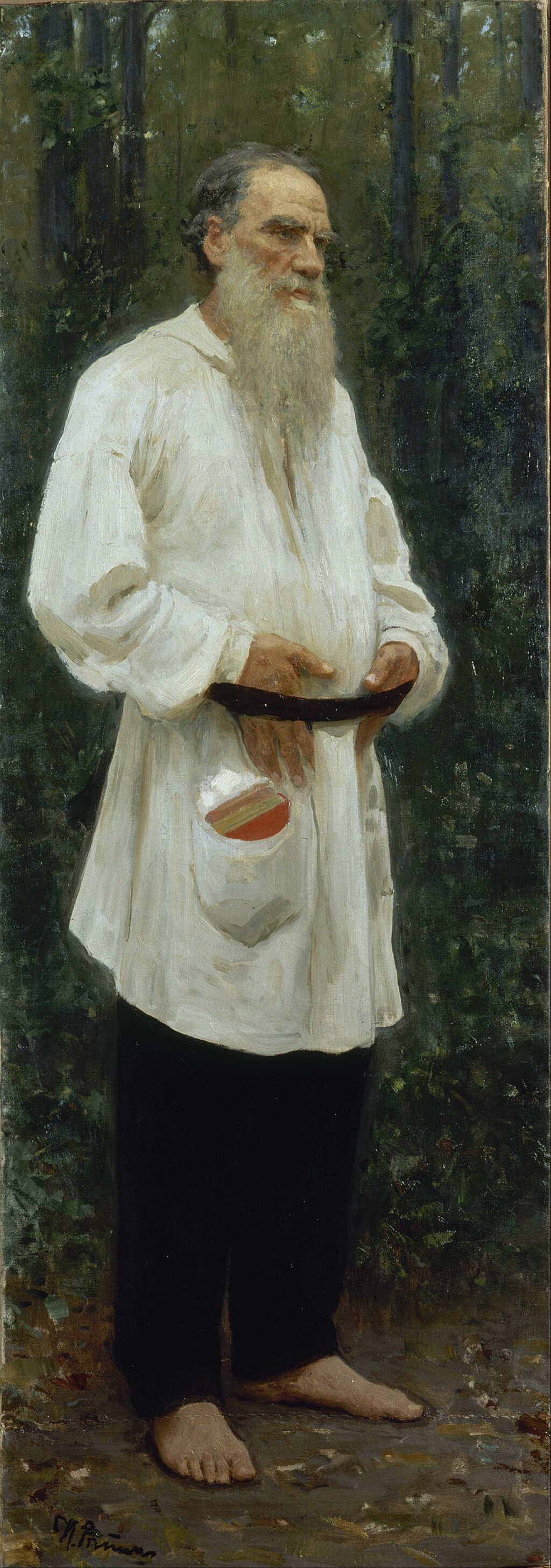Join us for another 19v seminar!
In this lecture, Professor Ani Kokobobo traces a new minority masculinity in Tolstoy's late narratives after the author denounces sexuality in works like The Kreutzer Sonata. If typical Tolstoyan "seeker" characters, like Andrei Bolkonsky, Pierre Bezukhov, and Konstantin Levin were always social misfits who did not fit within societal roles and sought a sphere outside of society for their own mental growth and development, a number of Tolstoy’s later characters take matters further and fully embrace the outsider status. In an article on Tolstoy’s translation of the gospels, Hugh McLean sets up a contrast between the image of Christ that Tolstoy constructs, and another historical character and warrior, Hadji Murat, arguing that the Russian author was ultimately far more comfortable with a more “red-blooded” and “macho” hero. Professor Kokobobo considers several late narratives and argue that as different as some of Tolstoy’s later male figures might be, many seek lives outside the sexual economy and societal institutions, while Tsar Nicholas I, one of the most hated figures in Tolstoy’s later writings, typifies the rottenness of hegemonic masculinity for the late author – as an unapologetic lecher and murderer who relies on violent institutions for his power. Bringing Tolstoy into dialogue with contemporary masculinity theory, Professor Kokobobo argue that Tolstoy’s new masculinity in this later period seeks to move beyond this power- and sex-driven hegemonic model to embrace the masculinity model typified by Christ.
This event will be held virtually as a Zoom meeting.

